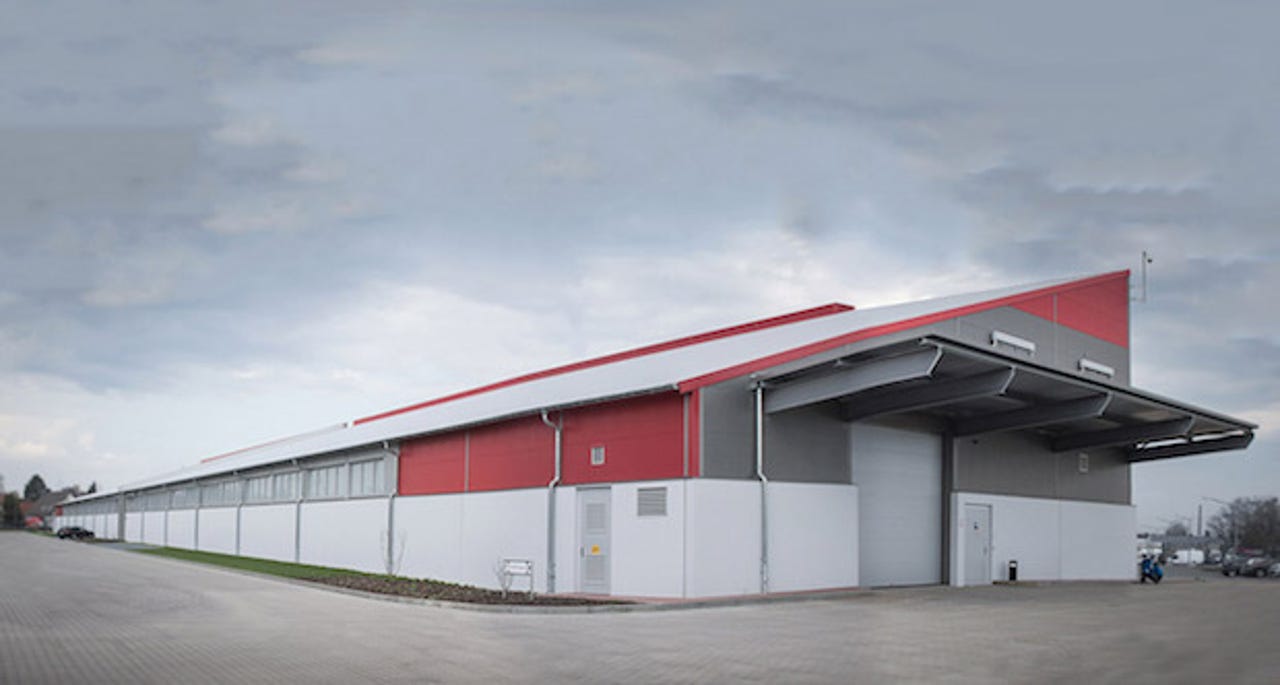Finland's Baltic undersea cable gets €10m to help boost datacentre connections


Germany-based web hosting and datacentre company Hetzner Online has signed a 20-year deal to use the Baltic Sea cable, a 1,100km undersea high-speed data cable between Finland and Central Europe. According to the project leader at the Finnish state-owned venture Cinia Group, which is managing the rollout of the submarine connection, the contract is initially worth over €10m.
The fibre optic link will strengthen Hetzner's connections from its German datacentres to Finland as well as to other Nordic countries and Russia. Concurrently, Hetzner is looking to locate a new datacentre in Finland and is in the final phase of evaluating sites.
Currently Hetzner Online is looking at potential sites for is datacentre near the Finnish capital of Helsinki. "The new datacentre location is very likely, hence our investment in the cable," Martin Hetzner, CEO of Hetzner Online, said, adding the final choice comes down to finding the right site.
Hetzner Online says Finland ticks all the right boxes for the company because of its cool climate, strong connectivity, and especially the costs and reliability of its energy supply (according to Hetzner, Finland currently charges six to seven euro cents/kWh compared to around 16 cents/kWh in Germany).
"Moreover, Finland offers a low risk of natural disasters, a stable political system, and [highly-skilled] employees," explains Hetzner. "According to market research analysis, cloud services will grow globally by approximately 40 percent per annum, with accruing data volume expected to triple by 2017. Investing in Finland will meet growing capacity needs."
While Hetzner has yet to reveal the size of the datacentre, the Finnish Ministry of Employment and the Economy estimates an investment of this scale would amount to €100m to €200m over the next five to seven years, and the centre would employ between 40 and 80 staff.
"This agreement shows the importance of digital infrastructure, not only to operators and big data customers, but also to the growing number of entrepreneurs of the digital economy," says Ari-Jussi Knaapila, CEO of Cinia Group.
Bavaria-based Hetzner Online is proving to be a good example of this. It's a family company and offers datacentre services mainly to the SME market. The company already has two datacentres in Germany, in Nuremberg and Falkenstein/Vogtland, plus it has an affiliate with two datacentres in South Africa.
The Baltic Sea cable, or 'Sea Lion' as the project is officially called, aims to improve Finland's international data transfer capacity. Currently Finland is dependent on going through its neighbour Sweden for international transfers.
Preparations for the submarine system have already started with routing and marine surveys, and the fibre optic link is expected to be operational by early 2016. The cable, with infrastructure provided by Alcatel-Lucent, will run from Helsinki to Rostock in Germany and provide a total transmission capacity of 15 terabits per second.
To date the Sea Lion has received €20m in funding from the Finnish government which has been matched by private investors. One key factor to attracting datacentre investments is the fact the new fibre optic link frees it from dependency on Sweden - a country known for less strict policies on data surveillance.
It's a prize worth fighting for. Up to 60 large datacentres are expected to be built in Western Europe by 2020 and Finland aims to take a large slice of the market.
To date Finland has attracted major datacentre investments from Google and Russian search giant Yandex. Microsoft has also promised a $250m investment in the country, though the plans have yet to be realised. But competition in the Nordics will be fierce: Facebook chose Sweden as the location for its first non-US datacentre.
Read more on this story